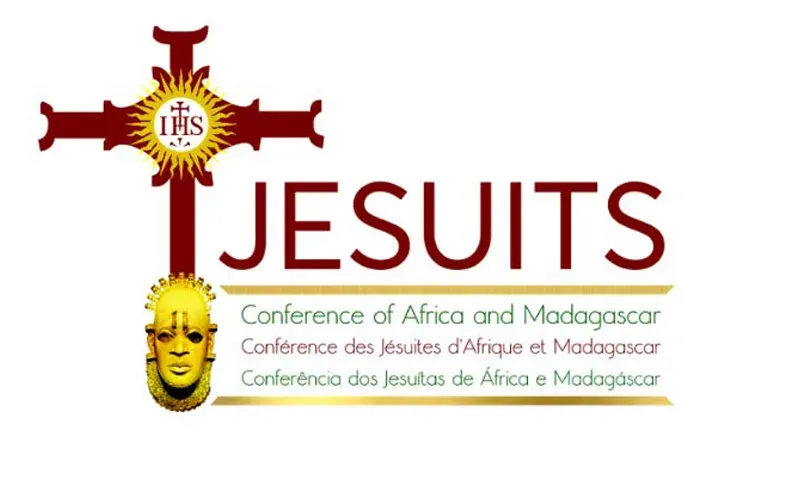Nairobi, 24 December, 2021 / 11:30 am (ACI Africa).
Officials of the Jesuit Conference for Africa and Madagascar (JCAM) have lauded the international community for the latest fund to “low-income countries” in their efforts to recover from COVID-19 challenges.
In a report shared with ACI Africa Tuesday, December 21, the Jesuits in Africa and Madagascar, through the Jesuit Justice and Ecology Network – Africa (JENA), say they welcome “the international community’s generous gesture to support poorer countries’ recovery efforts in the wake of the prolonged COVID-19 crisis.”
On December 15, “the World Bank announced a $93 billion replenishment package of the International Development Association (IDA) to help low-income countries respond to the COVID-19 crisis and build a greener, more resilient, and inclusive future,” JENA officials say in the report.
“The new financing package was agreed over during a two-day meeting hosted virtually by Japan and happens to be the largest ever mobilization in IDA’s 61-year history,” they say.
The leaders of the Jesuit entity add, “The funds will go toward the support of the world’s 74 poorest countries, most of them from Sub-Saharan Africa, under the 20th replenishment (IDA20) program, which focuses on helping countries recover from the impacts of the COVID-19 crisis and stem a further slip into poverty of vulnerable populations in Africa and other low-income countries.”








